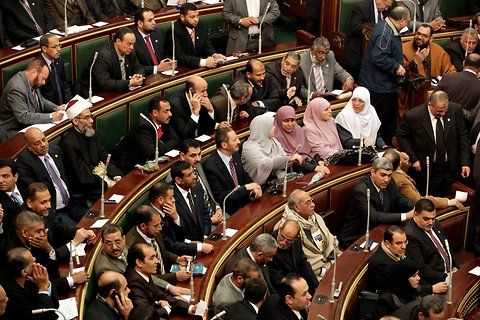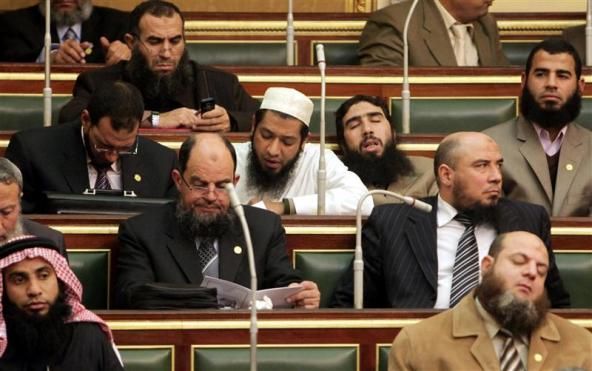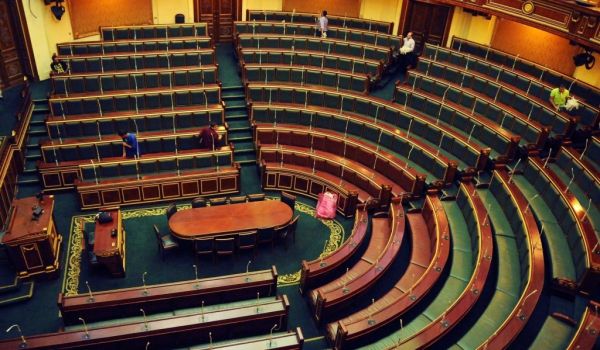President paves way for parliamentary elections
An amendment to Egypt's laws regulating electoral constituencies has now been ratified by Egyptian president Abdul Fattah al-Sisi.
The amended law paves the way for establishing a date for parliamentary elections in Egypt which has been without a parliament since June 2012.
The supreme court at the time dissolved parliament after it deemed the 2011-2012 elections unconstitutional because party-backed candidates contested places that were reserved for independents.
A previous version of the newly-amended bill was blocked by courts in March this year – suspending the chances of parliamentary elections indefinitely – after it ruled that a section of the legislation regulating the individual seats system was unconstitutional.
This has now been resolved and, under the new law, the number of constituencies from which individual candidates will be elected decreases from 237 to 205, while the number of constituencies for party lists remains at four.
It means that the next elected parliament will have some 560 elected members, with only 20 per cent of them voted in on the basis of a party-list system.
Opposition parties have criticised the amended law, claiming it fails to provide fair representation and is reminiscent of the era of former president Hosni Mubarak, ousted in a popular uprising in 2011.
The upcoming parliamentary elections are the final stage in a roadmap announced by then army chief Sisi immediately after the ousting of Islamist president Mohammad Morsi in July 2013. Although an election date has not been announced, Sisi was quoted in April as saying elections would take place before the end of this year.


















